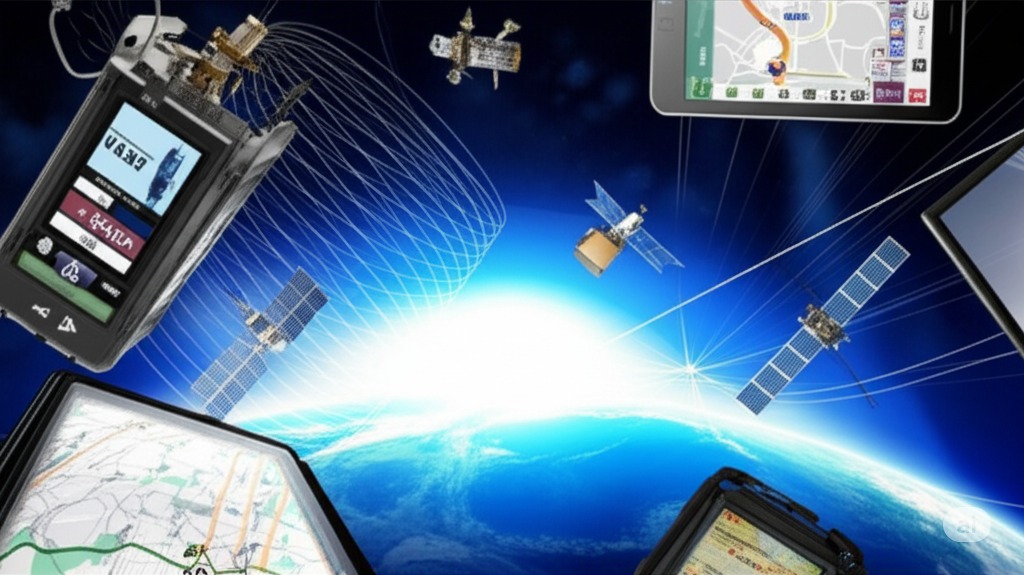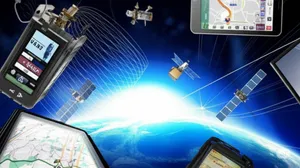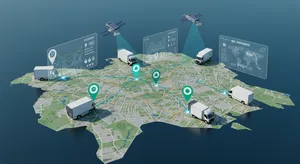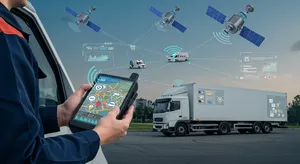GPS System Components
- GPS stands for Global Positioning System, a network that supports fleet safety and asset tracking through precise location services
- The system was originally developed for military use but has since become an essential part of civilian infrastructure
- Powers everything from smartphone navigation to precision agriculture and fleet management applications
This technology forms the foundation for modern tracking and navigation applications across all industries.







